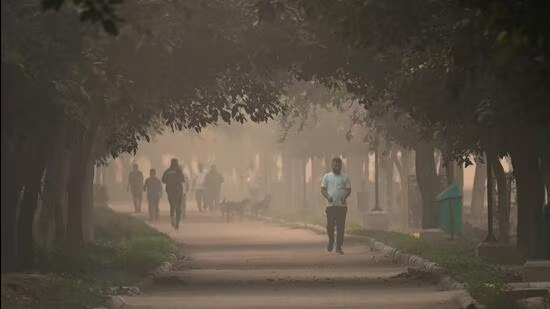Delhi Environment Minister Gopal Rai emphasized the critical nature of the next two weeks for the city, which has implemented phase two of the Graded Response Action Plan (GRAP) to address “very poor” air quality. With the festivals of Dussehra and Deepavali and the impact of farm fires, Rai stated that special teams would be dispatched to identify and inspect local sources of pollution in addition to the existing 13 pollution hotspots.
Rai further mentioned that the Delhi government had engaged with neighboring states regarding stubble burning, a significant contributor to pollution levels. He stressed the importance of the upcoming 10 to 15 days due to the combination of Diwali, stubble burning, and Dussehra, and the need for coordinated action.
The overall air quality in Delhi had deteriorated to the ‘very poor’ category, with an Air Quality Index (AQI) of 306 on Monday morning. Rai acknowledged the influence of changing weather conditions on pollution and highlighted the implementation of GRAP phase two, which focuses on cleaning and water sprinkling measures, as well as increasing the frequency of buses and trains.
The Commission for Air Quality Management sub-committee had invoked an 11-point action plan under Stage II of the revised GRAP for the entire National Capital Region. This plan includes restrictions on the use of coal and wood-fired stoves, increased deployment of CNG and electric buses, regular road cleaning and watering, and traffic management to prevent congestion.
The Air Quality Index (AQI) serves as a tool for communicating air quality status, with six categories ranging from “good” to “severe” based on ambient pollutant levels and health impacts. The ‘very poor’ category was of particular concern in Delhi’s current air quality situation.
Also Read: IDF Acknowledges Security Failures in Hamas Attack
Catch all the Latest Business News, Breaking News Events, and Latest News Updates on NewsX






















